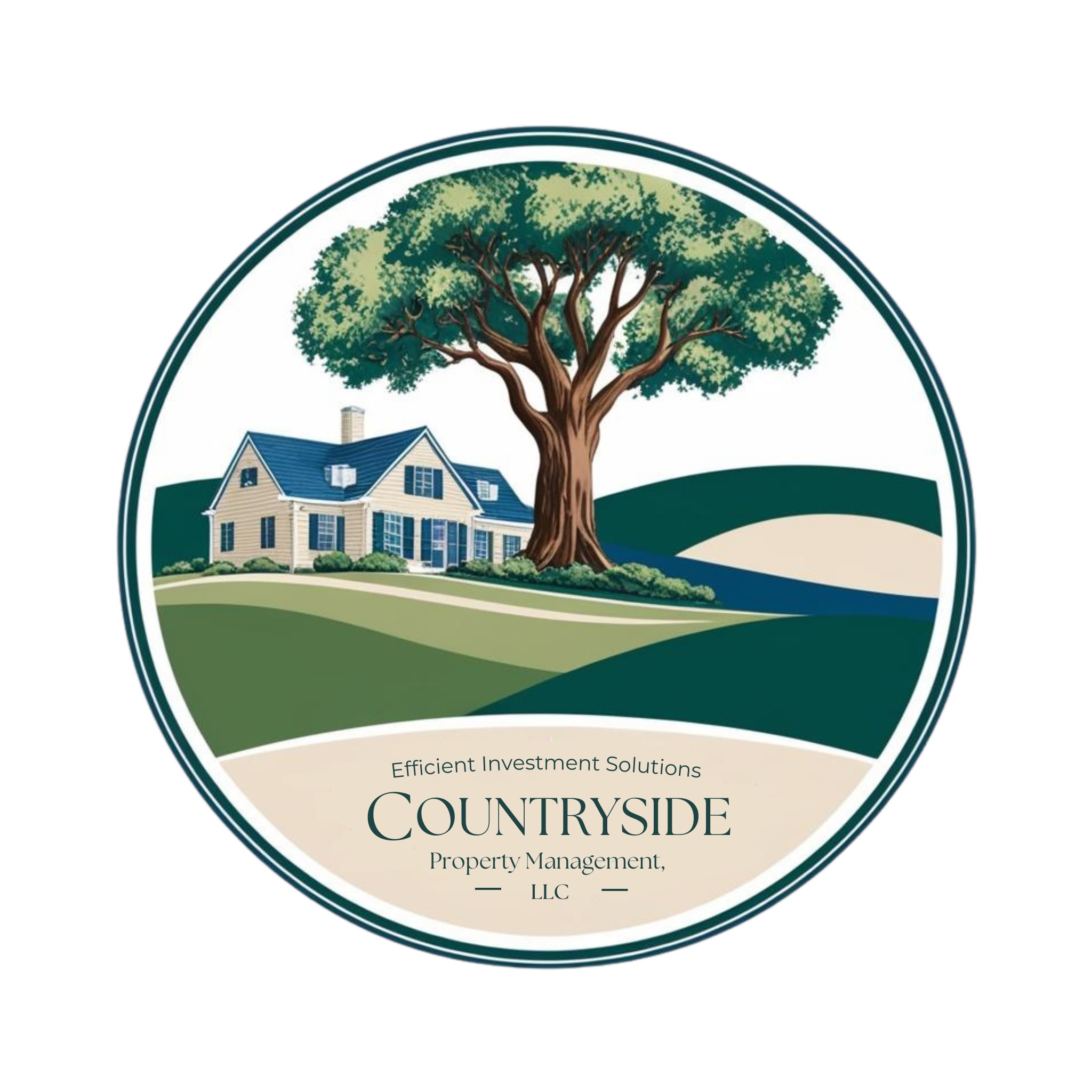Property Management Guide: Accounting and Reporting for Tax Optimization
Introduction
Smart accounting isn’t just about keeping clean books. For property managers and rental property owners, the right financial practices can reduce tax bills, increase profits, and protect long-term investment performance. This guide breaks down the essential accounting strategies that help optimize taxes while keeping your business fully compliant and financially organized.
Why Accurate Accounting Matters
Keeping precise financial records does much more than satisfy tax requirements. It strengthens every part of your property management operation.
Tax Compliance
Up-to-date records make it easier to meet federal, state, and local reporting rules. You avoid penalties, stay audit-ready, and ensure every deduction is documented properly.
Financial Transparency
Clear, organized financial statements help you understand how each property is performing. This includes trends in income, recurring expenses, cash flow patterns, and overall profitability.
Maximized Tax Deductions
When every expense is categorized correctly, you ensure you never miss a deductible cost. This can significantly lower your taxable income and improve your bottom line.
Key Accounting Categories Every Property Manager Should Track
1. Income Tracking
Accurate income tracking ensures you know exactly what each property is earning.
•Include rent payments, late fees, service charges, and any additional revenue streams.
•Use property management software to automate income records and reduce manual errors.
2. Expense Management
Expenses fall into two major categories:
Operating expenses:
Repairs, routine maintenance, utilities, cleaning, insurance, and similar day-to-day costs.
Capital expenses:
Large improvements that add long-term value, such as roof replacements, new HVAC systems, or major renovations.
Always keep receipts, invoices, and vendor documentation. This information supports deductions and protects you in the event of a tax audit.
3. Depreciation Accounting
Depreciation allows you to recover the cost of long-term assets over time.
•Common depreciable items include buildings, appliances, tools, and improvements.
•The IRS typically uses the Modified Accelerated Cost Recovery System (MACRS) to calculate depreciation.
•Depreciation alone can significantly lower taxable income for rental properties.
Common Tax-Deductible Expenses for Rental Properties
Many everyday costs associated with property management are fully deductible. Examples include:
•Mortgage interest
•Property taxes
•Professional management fees
•Repairs and maintenance
•Utilities paid by the owner
•Insurance premiums
•Mileage and travel related to property inspections or service calls
Tracking these correctly ensures nothing is missed at tax time.
Essential Financial Reports
Strong reporting systems help you make informed decisions and present clear data to your tax professional.
Income Statement
Shows revenue, expenses, and your net profit for a specific time period.
Balance Sheet
Lists all assets, liabilities, and equity—painting a full picture of financial health.
Cash Flow Statement
Breaks down how money enters and leaves the business, making budgeting and forecasting easier.
Rent Roll
A detailed snapshot of occupancy, rental rates, lease terms, and resident information.
Best Practices for Tax Optimization
Separate Personal and Business Finances
A dedicated business bank account keeps income and expenses organized and prevents accidental mixing of personal transactions.
Use Tax Software or a Professional
Tax laws change often. Using updated software or consulting an experienced tax advisor ensures accuracy and maximizes deductions.
Track Mileage and Travel
If you drive to properties for inspections, showings, or maintenance coordination, those miles may be deductible when documented properly.
Consider 1031 Exchanges
When selling a rental property, a 1031 exchange lets you reinvest into a similar property while deferring capital gains taxes. This strategy can dramatically improve long-term wealth building.
Common Tax Mistakes to Avoid
Even experienced landlords and property managers sometimes overlook important details. Avoid these common errors:
•Mixing personal and business expenses
•Forgetting to depreciate property assets
•Failing to report all rental income sources
•Missing quarterly or annual tax deadlines
•Not keeping detailed records or receipts
Being proactive prevents costly mistakes and protects your business from compliance issues.
How Countryside Property Management, LLC Supports Your Tax Reporting
At Countryside Property Management, LLC, we provide comprehensive financial reporting to make tax time smoother for rental property partners. Our system tracks income, expenses, vendor invoices, and depreciation-related data throughout the year. You will have access to this all year with monthly updates. At year-end, we prepare a detailed report package so you and your tax professional have everything needed for accurate filing and tax optimization.
Conclusion
Accurate accounting and strong financial reporting are the backbone of successful property management. When records are organized and tax strategies are applied correctly, property managers and rental property partners benefit from lower tax liabilities, stronger financial performance, and greater long-term stability.


